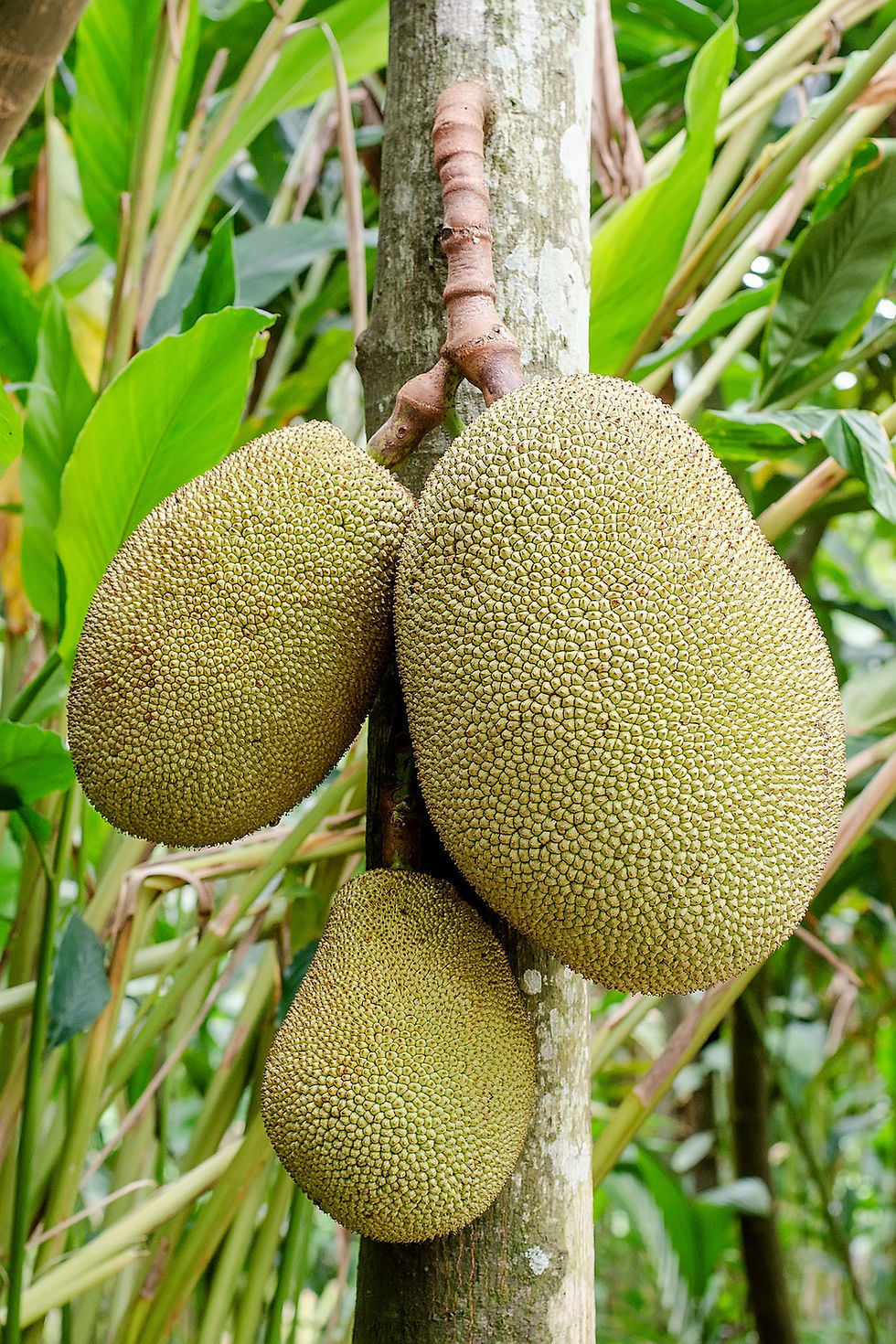
A wise old bishop (he really is old – in his nineties now) once described the sinful disposition of our hearts this way: “We want what we want, when we want it. And, by golly, we'll do whatever it takes to get it.”
In the second book of his philosophical sci-fi space trilogy, Perelandra, CS Lewis imagines what it might be like to live on a different planet, a new creation, one not yet tainted by sin. Amazing and varied fruits that refresh, nourish, and satisfy grow abundantly everywhere. The hero of the story, Ransom, is from Earth and is having a conversation with the equivalent of Eve about expectation, desire and what one actually encounters in the midst of expectation and desire. The growing fruit becomes the example whereby to discuss such things. All the fruits are good, but it is assumed that a person might have a favorite that they hope to find for breakfast. The woman masterfully concludes that what God gives (the fruit one finds) is better than wishing for a different fruit than was found:
“One goes into the forest to pick food and already the thought of one fruit rather than another has grown in one's mind. Then, it may be, one finds a different fruit and not the fruit one thought of. One joy was expected and another given. But this I had never noticed before – that the very moment of the finding there is in the mind a kind of thrusting back, or setting aside. The picture of the fruit you have not found is still, for moment, before you. And if you wished – if it were possible to wish – you could keep it there. You could send your soul after the good you had expected, instead of turning it to the good you had got. You could refuse the real good; you could make the real fruit [the one you have] taste insipid by thinking of [wishing you had] the other.”
You see, it's the proverbial 'the grass is always greener on the other side of the fence' thing. We have a good spouse, but we see someone else's and think we would prefer that person. Instead of seeing God's good gifts to us in the provision of our job, we are restless and wish we had another. We want a different car or a different midsection or different hair than what we have. Anyone know what I'm talking about? Yeah, me too.
You see, not desiring or accepting the good that is given, but rather rejecting it to continue to hold onto the desire for a different good that hasn't been given (in the hopes of getting it, of course), is to impoverish our souls. It is to distrust God. It is to assume that we know what's best for us. It is to put ourself at the center as ruler, rather than God at the center and we as the recipients of his love and goodness and every good gift that comes from his gracious hand.
Looking longingly elsewhere wishing we had X instead of the Y we have is a sure-fire path to discontentment. Learning to give thanks to God for all that he has given – things and relationships great and small – is the path that leads to contentment. Learning to give thanks even in our troubles that God has promised to be with us and to work such things for our good, making us like Jesus through our suffering and difficulty, is another step toward contentment. Seeing God at work in all things, and ultimately desiring God and choosing Him above all lesser goods is finally when our hearts land in that strange and wondrous contentment that seems to elude us.
So as you read this, why don't you and I agree that today we will choose God as our greatest good, come what may. And may God, in turn, grant us His peace.

Comments